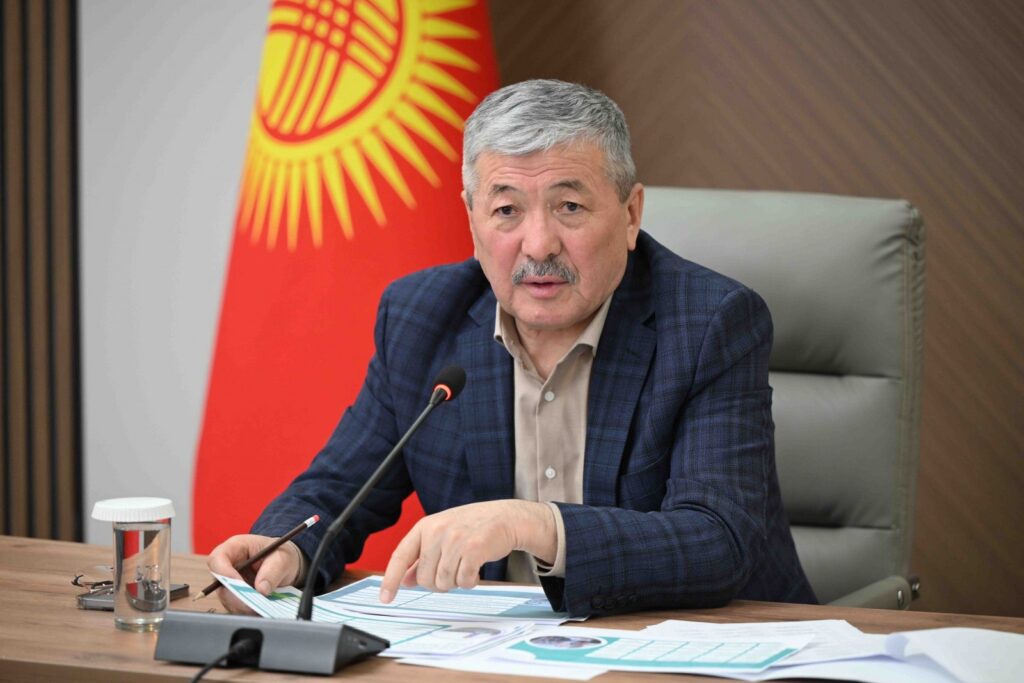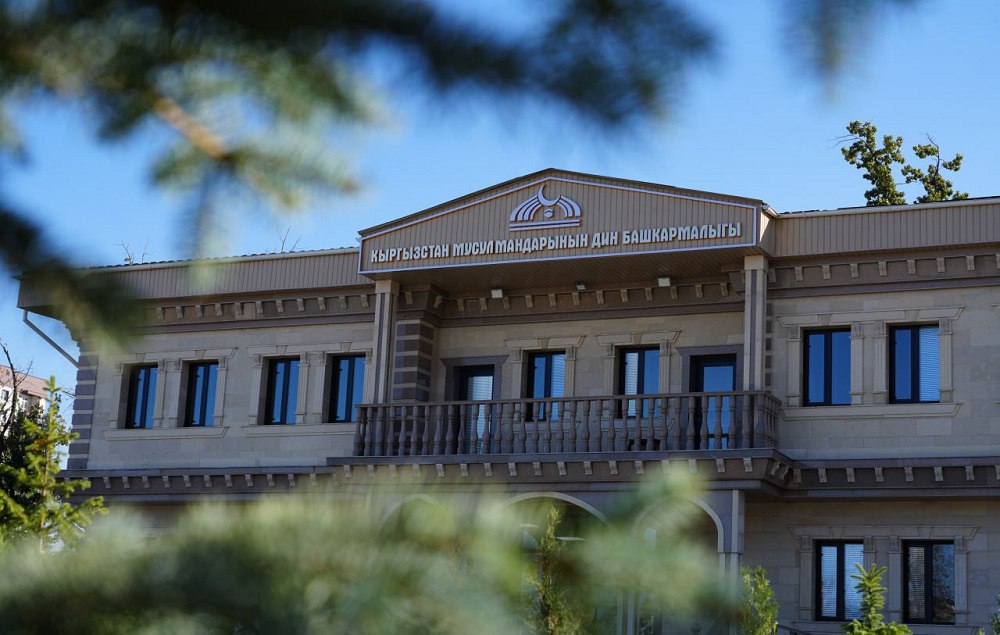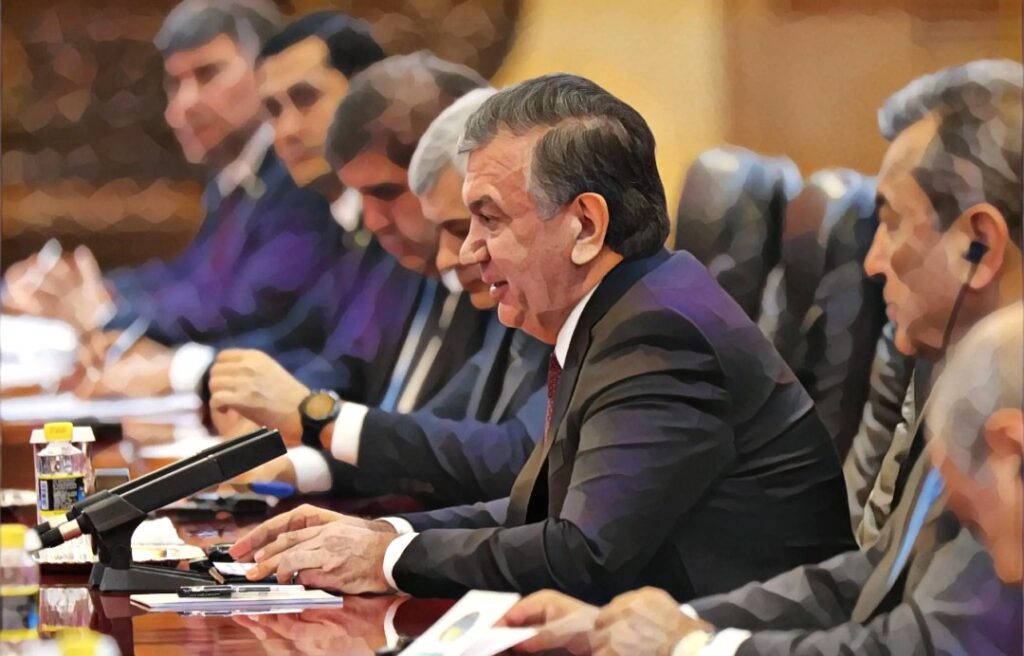BISHKEK (TCA) — How can Central Asia’s nations reverse the force of greed thriving their upper echelons in favour of a fairer division of wealth en replace personal enrichment by collective economic improvement? If western parties would replace provocations by assistance to get justice done, it would help a lot, and give a new political generation no longer driven by selfish aspirations a chance to impose a velvet transition in the right direction. Kyrgyzstan appears to be the best-placed for such a process.
The sociopolitical conditions of the Kyrgyz people are controlled by political echelons. But it does not seem to affect the socioeconomic equilibrium in the country, and the bulk of the Kyrgyz people prefer a longer working and trading life to a shorter one on the barricade not for the sake of political ideals but to satisfy the ambitions of one “leader” or a clique of them.
‘Political repression could escalate’
External provocations are far from strange to the attempts to push Kyrgyzstan towards fresh bloodshed. “Kyrgyzstan set for more unrest ahead of November elections”, and “Detention of opposition leader sparks widespread protests against repression”, a screaming header of an article posted by the Nikkei Asian Review on March 4. “Protests have rocked Kyrgyzstan after the controversial arrest and detention on Feb. 26 of Omurbek Tekebayev, leader of Ata Meken, the country’s main opposition party. Observers say the move is intended to remove a key critic of President Almazbek Atambayev and the ruling Social Democratic Party ahead of presidential elections due in November. It has also raised concerns that political repression could escalate over the next few months, as it has in the run up to past elections,” the article reads. Which “observers” and whose “concerns”, remains unexplained. On the ground in Bishkek, the “unrest” consisted of a few dozen people picketing outside the head office of the National Security Service, later near the Parliament building.
The accusation, now included in official charges, comes from Russia’s tycoon Leonid Mayevsky, who told the National Security Committee of Kyrgyzstan that back in 2010 he paid $1 million to Omurbek Tekebayev (at the time deputy chair of the interim government following the ousting of the President Kurmanbek Bakiyev and his government) in return for securing access to the management of MegaCom, Kyrgyzstan’s largest telecom and e-traffic enterprise.
Pocketing public funds
Other cases concern Karganbek Samakov, MP under Bakiyev who has been charged with bribe-taking in his function of the Parliament’s land planning commission, and current MP from Ata Meken Almambet Shykmamatov, who is under investigation for pocketing public funds through fake state purchases. Also pending is the case of Muzaffar Isakov, who used to be the head of Tash-Bulak rural area in the Suzak district, Jalal-Abad province, and is now an MP for the ruling Social-Democrat Party of Kyrgyzstan. Like Samakov, he has been charged with a series of kickbacks in collaboration with the state land distribution agency.
Kyrgyzstan’s recent telecom history is written in kickbacks. Under President Bakiyev, Aleksei Eliseev (a close associate of Bakiyev’s son Maxim) transferred $226 million of a Russian loan to MGN Group, headed by the notorious American of Russian origin Evgeniy Gourevitch, who bought and sold securities on the stock exchange for the money. In 2009 Eliseev established Alfa Telecom CJSC, which bought out the local company BiMoCom’s assets. According to the investigating authorities, he transferred the company’s assets to offshore Southfield Management Inc. and Vesatel United Ltd. Finally Eliseev’s name popped up in connection with the MegaCom kickback affair as well.
The trouble is that in Kyrgyzstan many of the present-day higher echelons in politics used to function under Bakiyev as well. In those days, corruption, extortion, kickbacks and racketeering were so endemic that it was often more dangerous to stay away from racketeering rings in top circles than to join them. According to current authorities, the operations have cost Kyrgyzstan in the order of $700 million, but others think in terms of multi-billion amounts stolen.
The Kyrgyz “revolution” of 2010 was in fact more like a restoration with several figureheads of the Akayev regime returning under the spotlight, the self-styled interim government was a mix consisting of some of the latter and people who had fallen out with the Bakiyevs earlier and were now seeking revenge. Among them was Tekebayev, who was clearly among those having no democratisation whatsoever on their agenda but just aspiration to seize power.
As a result of it all, Kyrgyzstan is faced with many provocations. It is up to the people to decide what they want to be involved in: hard, responsible work to improve living standards or one more round of bragging and brawling on the barricade, encouraged by provocateurs from the outside…









